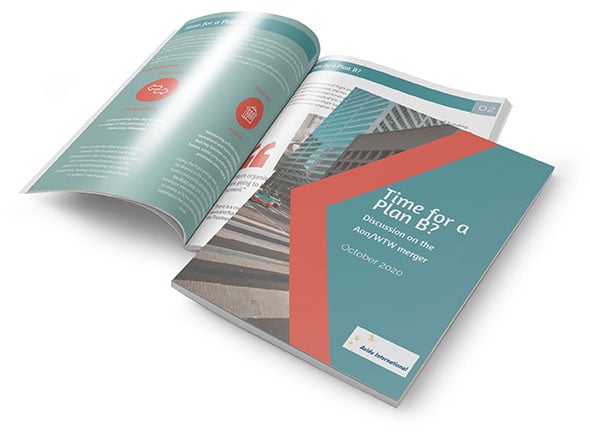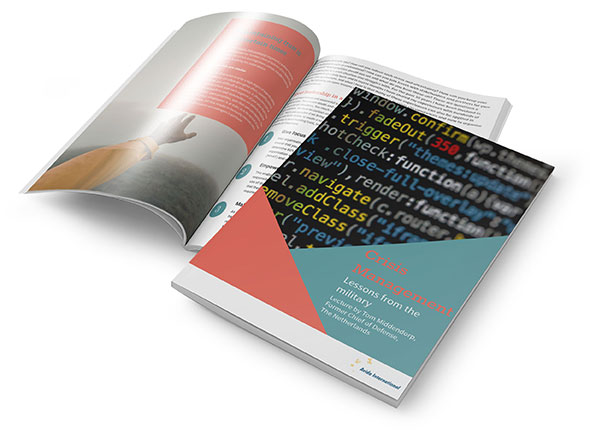I have shamelessly spent the past fortnight immersing myself in the high drama, and sometimes mindless boredom of the European Football Championship. As the tournament’s knockout stages unfold, it’s impossible to ignore the fact that for all the young, emerging talent participating the favourite to lift the golden boot, the prize given to the top goal scorer, is Portugal’s Cristiano Ronaldo, or at least it was until they and he went tumbling out of the tournament on Sunday night! At 36, Ronaldo is one of the oldest players in the tournament, but despite being at the age when most male soccer stars operating at the highest level have retired, he continues to show that he is still one of the world’s top performers.
Free kicks and headers
I had been wondering how that could be when, right on cue, the Financial Times came to my rescue. In his excellent article, Simon Kuper sets out his view that Ronaldo’s longevity can at least in part be explained by his relentless attention to the areas of his game where as a young man he had shown weakness. These included taking free kicks and heading the ball. I was astonished especially by the latter because it is generally accepted that Ronaldo’s heading ability is matched by few in world of football. This was not always so it seems, but by recognising his limitations in one area and working on improving it, he has turned a weakness into a strength. The circular sequence of events for him was: a desire to improve, identification of weaknesses, required actions, measuring progress and then back to a desire to improve further.
continuous improvement
The example of Ronaldo is an interesting lesson for the pension fund industry. At Avida International we observe a number of recurring and often persistent weaknesses in the governance process at boards. We have decided to give them the collective name: The Seven Deadly Sins. These sins will feature in a series of upcoming blogs, but for now we can summarise them as relating to; Delegation, Advisers, Chairs, Skills, Politics, Papers & Mistrust. We also observe, that just as Ronaldo was aware of the relative weaknesses in his game, pension fund boards are often mindful of theirs. However, we note that variations usually occur in their respective attitudes to both the use of data and the commitment to continuous improvement. We never cease to be amazed that in an industry which places so much emphasis on data, available performance information relating to governance is rarely utilised. What is even more surprising is how infrequently boards revisit actions previously taken to improve governance performance and therefore assess how much progress has actually been made. It’s hard to imagine Ronaldo seeking out performance evidence from his sports science colleagues on a triennial basis and assume that no improvements would be worthwhile making in the interim period.
So pension fund boards, whilst you may know how to run fast, you could probably do so more often and to better effect by comparing your performance more frequently to the outcomes of the available data.



